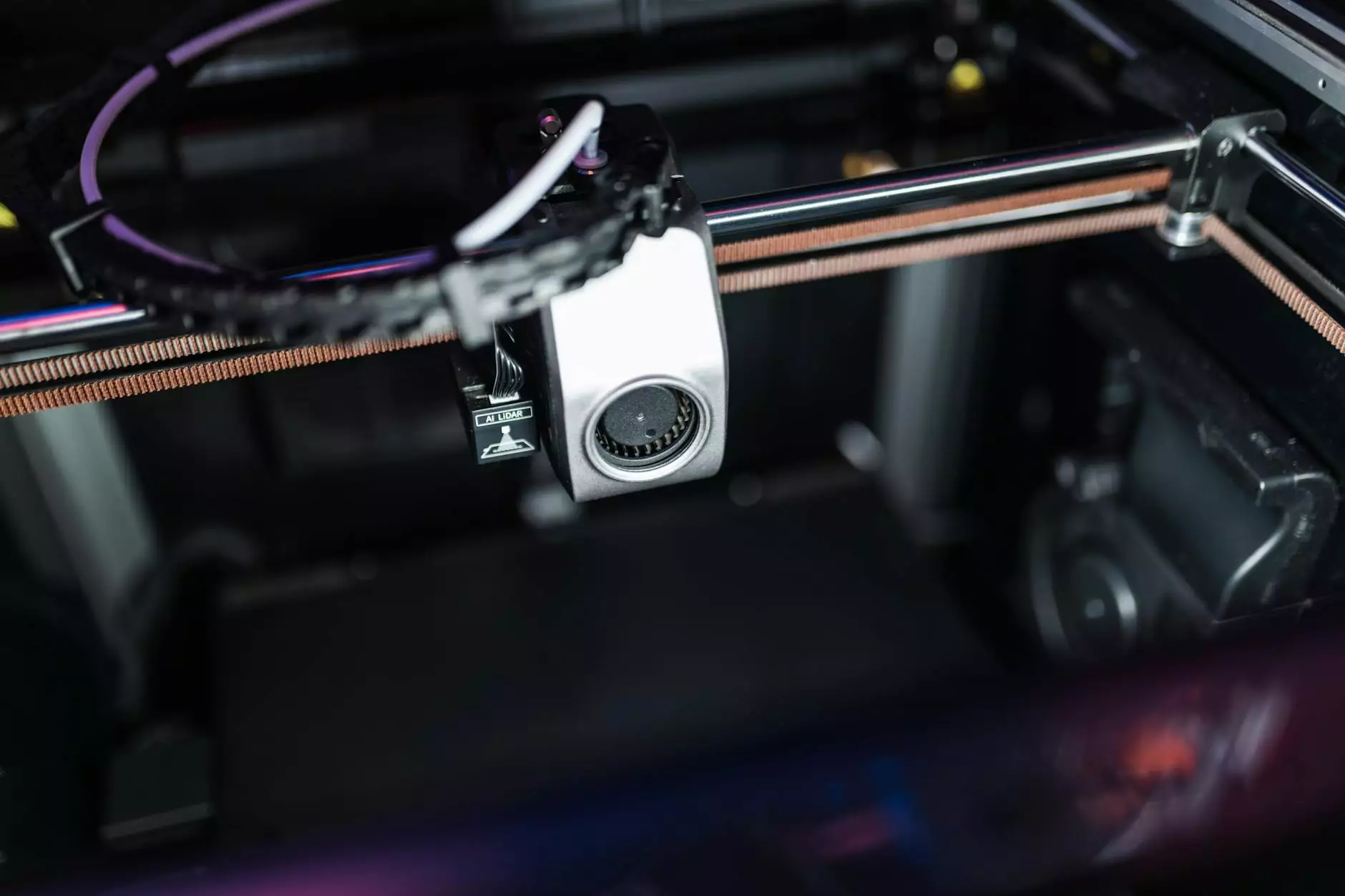The Essential Role of a Lung Doctor in Health and Wellness

When it comes to maintaining and enhancing our health, consulting a lung doctor is paramount, especially in a world where respiratory issues are increasingly prevalent. In this article, we will delve deep into the significance of lung health, the expertise of lung doctors, and how their role extends beyond treating diseases.
Understanding the Expertise of a Lung Doctor
A lung doctor, also known as a pulmonologist, is a physician specializing in the diagnosis and treatment of lung and respiratory conditions. Their expertise spans a range of issues, including but not limited to:
- Chronic Obstructive Pulmonary Disease (COPD)
- Asthma
- Lung cancer
- Pneumonia
- Interstitial lung disease
- Sleep apnea
- Bronchitis
The Importance of Lung Health
Lung health is crucial for overall well-being. The lungs are responsible for oxygenating our blood and removing carbon dioxide, a waste product of metabolism. Therefore, any impairment can lead to serious health consequences. Here are some statistics that underscore the importance of monitoring lung health:
- According to the World Health Organization (WHO), respiratory diseases are among the leading cause of death globally.
- Asthma affects approximately 262 million people worldwide, illustrating its widespread impact.
- Chronic respiratory diseases kill around 3 million people each year.
Signs You Should Visit a Lung Doctor
Recognizing when to consult a lung doctor can make a significant difference in treatment outcomes. Some common signs that you should seek medical advice include:
- Persistent cough that lasts longer than a few weeks.
- Shortness of breath during activities that were previously effortless.
- Frequent respiratory infections.
- Chest pain or discomfort.
- Wheezing or noisy breathing.
Comprehensive Services Offered by Lung Doctors
Lung doctors provide a wide range of services aimed at diagnosing and treating respiratory illnesses. These include:
- Diagnostic Testing: Techniques such as spirometry, CT scans, and bronchoscopy allow for accurate diagnosis.
- Treatment Options: From inhalers for asthma to chemotherapy for lung cancer, treatment plans are tailored to individual needs.
- Preventive Care: Vaccinations and lifestyle guidance for improving lung health.
- Rehabilitation Programs: Especially important post-lung surgery or for chronic conditions like COPD.
The Connection Between Sports Medicine and Lung Health
For athletes and active individuals, the role of a lung doctor is particularly significant. The lungs play a vital role in physical performance, and maintaining optimal lung function can directly influence athletic achievement. Key aspects include:
Sports-Related Respiratory Issues
Athletes may suffer from exercise-induced bronchoconstriction (EIB), where the airways narrow during or after physical activity. This condition is common in sports involving cold, dry air and can lead to symptoms such as:
- Coughing or wheezing during exercise
- Chest tightness
- Shortness of breath
Consulting a Lung Doctor for Athletic Performance
Lung doctors can assess an athlete's lung function through pulmonary testing and provide tailored advice to maximize performance. Integrated care with sports medicine can help ensure that athletes are not only performing at their best but also protecting their long-term respiratory health.
Physical Therapy and Lung Rehabilitation
Incorporating physical therapy into lung health management can significantly improve patient outcomes. Here’s how:
The Importance of Lung Rehabilitation
Lung rehabilitation programs are designed to help individuals with chronic lung diseases improve their functional status and quality of life. Key components often include:
- Exercise Training: Tailored exercise regimens can help enhance lung capacity and efficiency.
- Education: Patients are educated about their condition, which empowers them to manage their symptoms effectively.
- Nutritional Guidance: Proper nutrition plays a role in overall health, including lung function.
Working Together for Optimal Health
A collaborative approach between lung doctors and physical therapists can create comprehensive care plans that address the diverse needs of patients, ultimately leading to improved respiratory function and better overall health outcomes.
Preventive Measures for Lung Health
Maintaining lung health requires proactive measures. Here are some essential preventive strategies:
- Avoid Smoking: Smoking is the leading cause of lung disease; cessation drastically reduces risk.
- Avoid Environmental Pollutants: Limit exposure to dust, fumes, and indoor pollutants.
- Regular Exercise: Engage in aerobic activities that strengthen the lungs and improve overall endurance.
- Stay Hydrated: Proper hydration helps keep the mucosal linings in the lungs moist, enhancing function.
- Get Vaccinated: Annual flu shots and pneumococcal vaccines are crucial for preventing respiratory infections.
Conclusion
Consulting a lung doctor is a vital step in maintaining respiratory health, whether you're dealing with chronic conditions or simply striving for better overall wellness. Their expertise in diagnosing, treating, and preventing lung diseases is indispensable. By taking proactive steps in collaboration with healthcare professionals, including physical therapists and sports medicine experts, you can enhance your lung function and ensure a healthier life.
Don't wait for symptoms to appear—prioritize your lung health today by scheduling an appointment with a qualified lung doctor. Your lungs work hard for you, and it's time to give them the attention they deserve.









